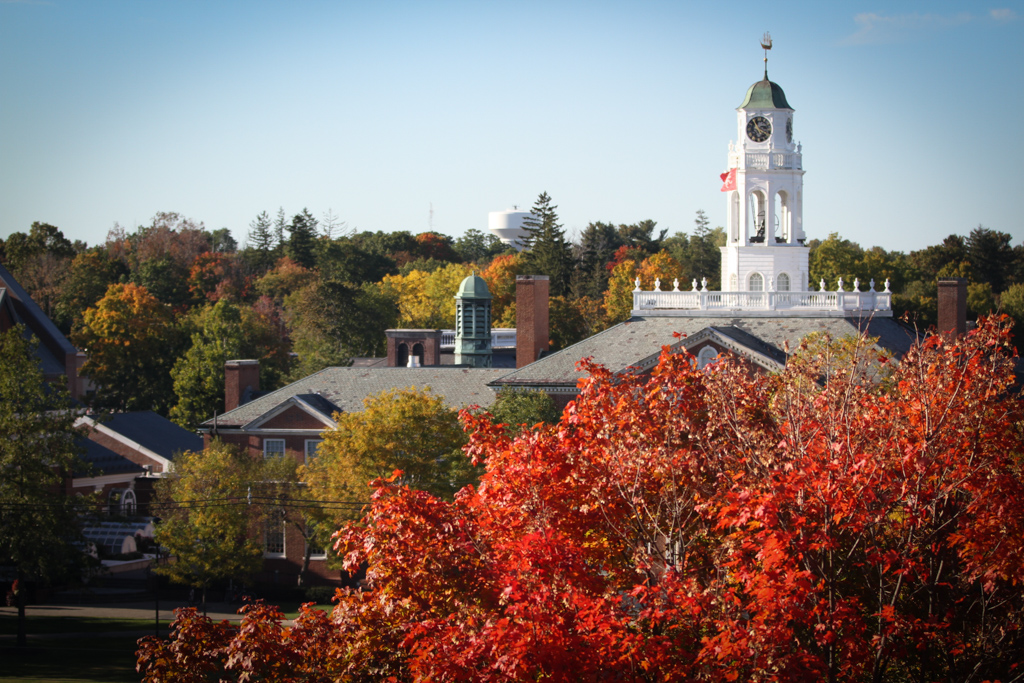Lina Huang ’22
Meet the 2021-22 Phillips Dissertation Year Fellows
The fellowship program was created in 2013 to support Ph.D. candidates in the completion stage of their dissertation and provide those who might not otherwise consider careers in a residential secondary school the opportunity to gain hands-on experience.
In alignment with the Academy’s equity and inclusion efforts, the Fellowship Committee sought candidates who are traditionally underrepresented in the graduate school environment and who express an interest in becoming part of an independent secondary school. The fellowship selection process also gave priority consideration to scholars researching topics related to race, identity and culture.
In addition to their dissertation work, the fellows deliver two online seminars per term and make themselves available to engage in discussions with students or groups interested in their fields of study. “Our fellows will be largely remote this year,” Dean of Faculty Ellen Wolff says. “But we do hope to bring them to campus as scholars in residence for a week or two.”
Nyesa Enakaya is studying chemistry at California State University. Her research focuses on the synthesis of small molecules that interact with hemoglobin and the treatment applications for sickle-cell anemia and general hypoxia. She hopes to inspire students of color to pursue careers in science by communicating the real-life applications of chemistry.
“I hope through this fellowship I can gain experience working with younger students, as all of my teaching experience is with undergraduate students. I also hope to learn from the faculty at Exeter. They have very unique teaching methods that I would love to implement in my own teaching. … I am so excited to work with the student body!“
Rachel Afua Ansong is completing her doctorate in English and creative writing at the University of Rhode Island. Her dissertation, “The Text(tiles) of Adinkra Symbols: West African Art, Gender, & Poetic Translations,” explores what it means to be separated from your country and how art becomes a mode of survival, for redefining heritage and self.
“I am looking forward to translating my research into poetic or visual art workshops that allow students to think about ways in which they can teach others about the work that drives them. Oftentimes, younger students might think that research is complicated and mundane, but I hope to teach them ways to make literary and historical research personal and engaging. I hope that my work serves as an example for underrepresented students in higher education that they can make and take space.”
Editor’s note: This article first appeared in the winter 2022 issue of The Exeter Bulletin.
News

Exeter Today
















